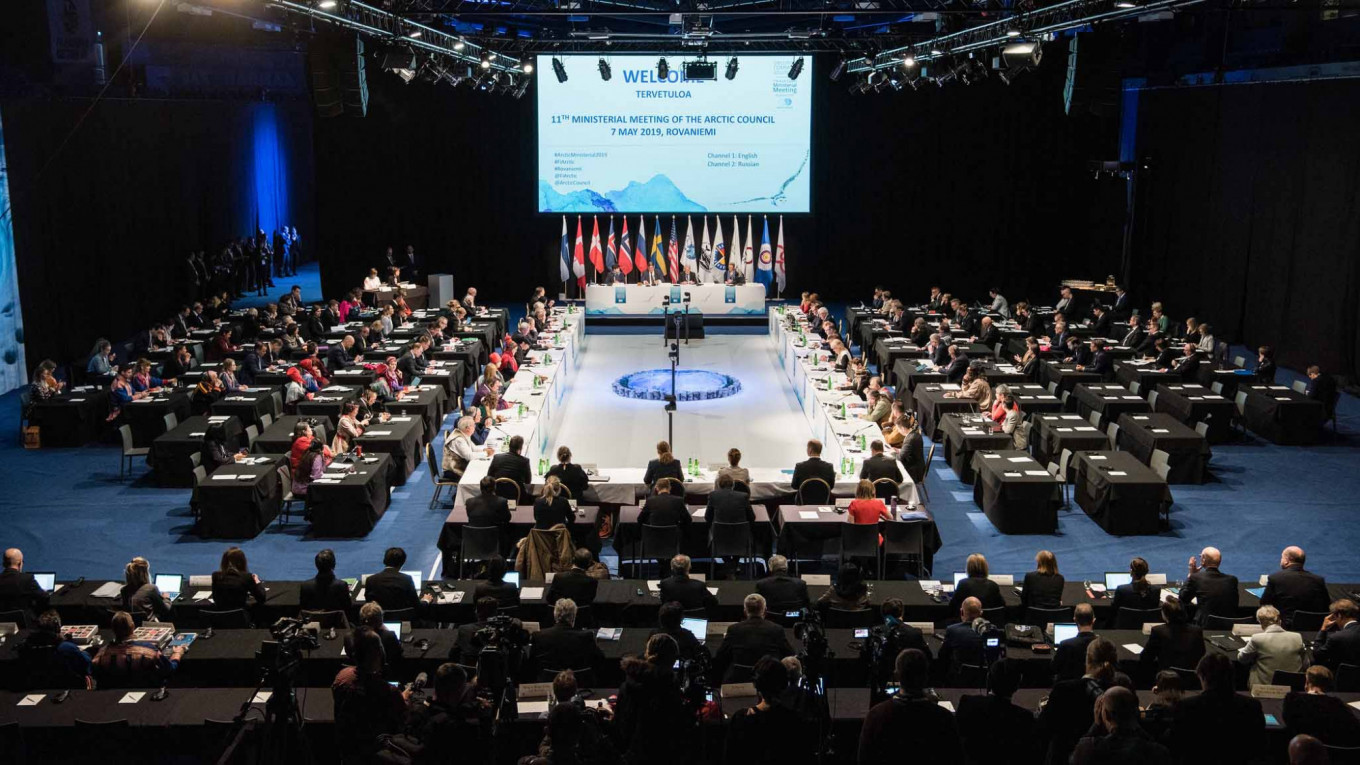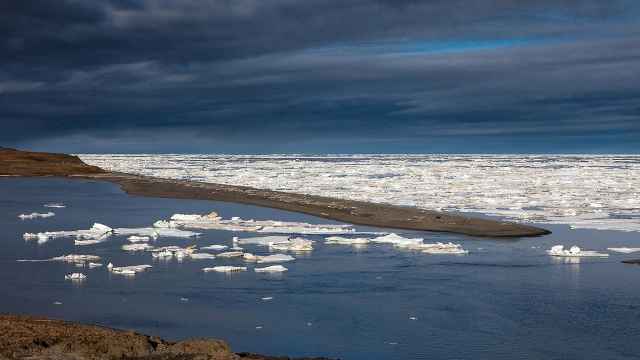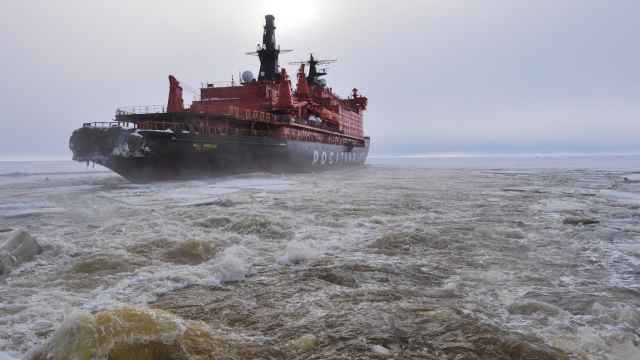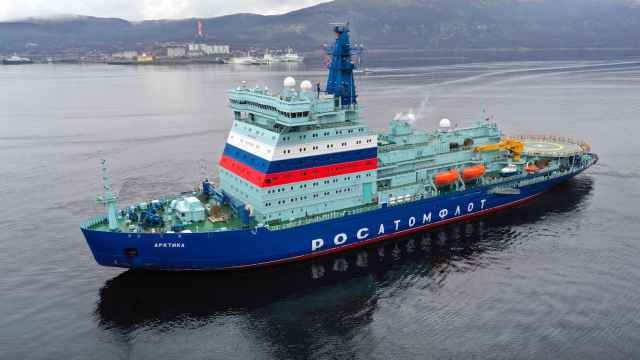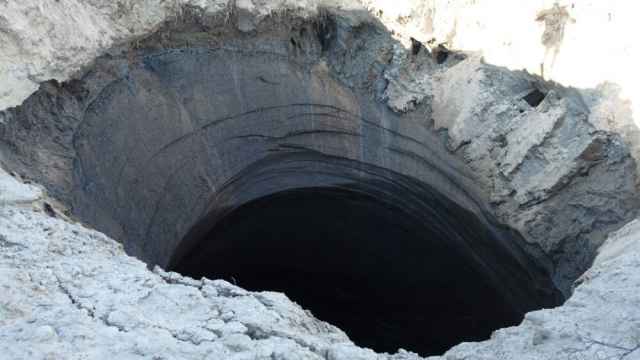The 11th Ministerial Meeting of the Arctic Council was held on 6-7 May in Rovaniemi, Finland, and we are still in the fall-out zone after U.S. Secretary of State, Mike Pompeo, went nuclear. The U.S. used the meeting to stoke sentiments on the lawlessness of the Arctic and called out China and Russia’s aggressive agendas. Pompeo moreover urged Arctic states to “adapt to this new future” whilst delivering his speech, leaving Arctic experts unsure whether to laugh or cry.
In a speech littered with factual inaccuracies and a brash delivery, even Canada found itself in Pompeo’s crosshairs. Referred to by Pompeo as an ongoing feud, he noted Canada’s faulty "illegitimate" claim over the North-West Passage (NWP) as some kind of an internal waterway and how this is at odds with Washington’s view that it is an international waterway.
The U.S. spoke in condescending terms of the Arctic Council, stating it has "had the luxury of focusing almost exclusively on scientific collaboration, cultural matters, and on environmental research."
Confused attendees wondered if Pompeo was aware this was in fact the actual mandate of the Arctic Council. Further, Pompeo wrongly said that that the Arctic is preparing for resource wars, resulting from “renewed energy competition.”
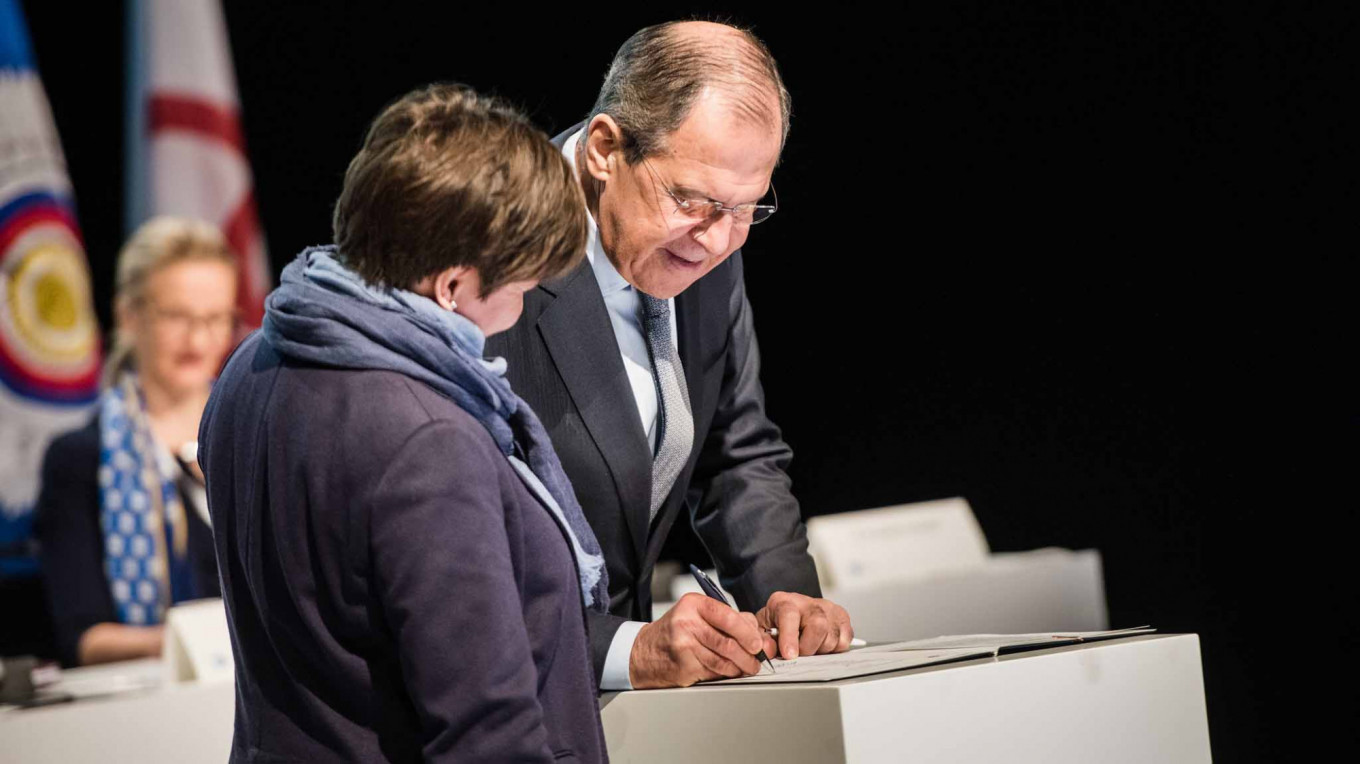
We know that the majority of the regions’ resource wealth is located, according to America’s own exploration data, well within undisputed areas of the Arctic, making such competition implausible.
Pompeo went on to mistakenly state Russia’s Northern Sea Route (NSR) was formally linked to Beijing’s Maritime Silk Road.
On the NSR, Pompeo appeared to have not been briefed on the intricacies of UNCLOS — the legal architecture of the Arctic. Article 234 of UNCLOS allows coastal states with ice-covered seas to apply restrictions on foreign transit, limiting the freedom of navigation through its territorial waterways. Pompeo was not finished. He doubled down on Russia, stating somewhat ironically, that the Council "cannot have one side cooperate, and the other side derogates its duties."
While aimed at Russia, the U.S. must surely acknowledge its own absent Arctic engagement.
Unsurprisingly perhaps, there was a stark difference between the U.S. and the Russian position on the Arctic. Whilst Pompeo delivered a doomsday sermon on the region becoming an "arena for power and for competition," Russian Foreign Minister Sergey Lavrov articulated the need for "deeper state-to-state cooperation." Russia additionally highlighted the need to use a "lens of opportunity" when considering challenges faced in the Arctic region.
Arctic analysts expected the U.S. to fan the sentiment of competition in the region during the talks.
Recent U.S. Defense reports on the ‘China threat’ somewhat laid the foundation for Washington’s hard line on China in the Arctic. It was also expected for Pompeo to take aim at Russia’s Arctic LNG project along the Yamal Peninsula. Indeed, the NSR affords the Kremlin optionality between customer markets in Europe and the Asia Pacific region. This has the potential of undercutting U.S. LNG export strategies in the very same markets.
Pompeo’s speech, heavy on the weaponization of the region, left many fellow Arctic Council members dumbfounded and disappointed that there was ultimately no formal Ministerial Declaration signed, a first in the history of the Arctic Council. Was Pompeo’s hard line on Russia’s Arctic activities all for show? Maybe.
Lavrov and Pompeo met on several occasions during the course of the meeting. When Lavrov was pressed about America's accusations of Russian aggression in the region, he coyly remarked that they were ‘political statements that are made in public to create a certain effect’.
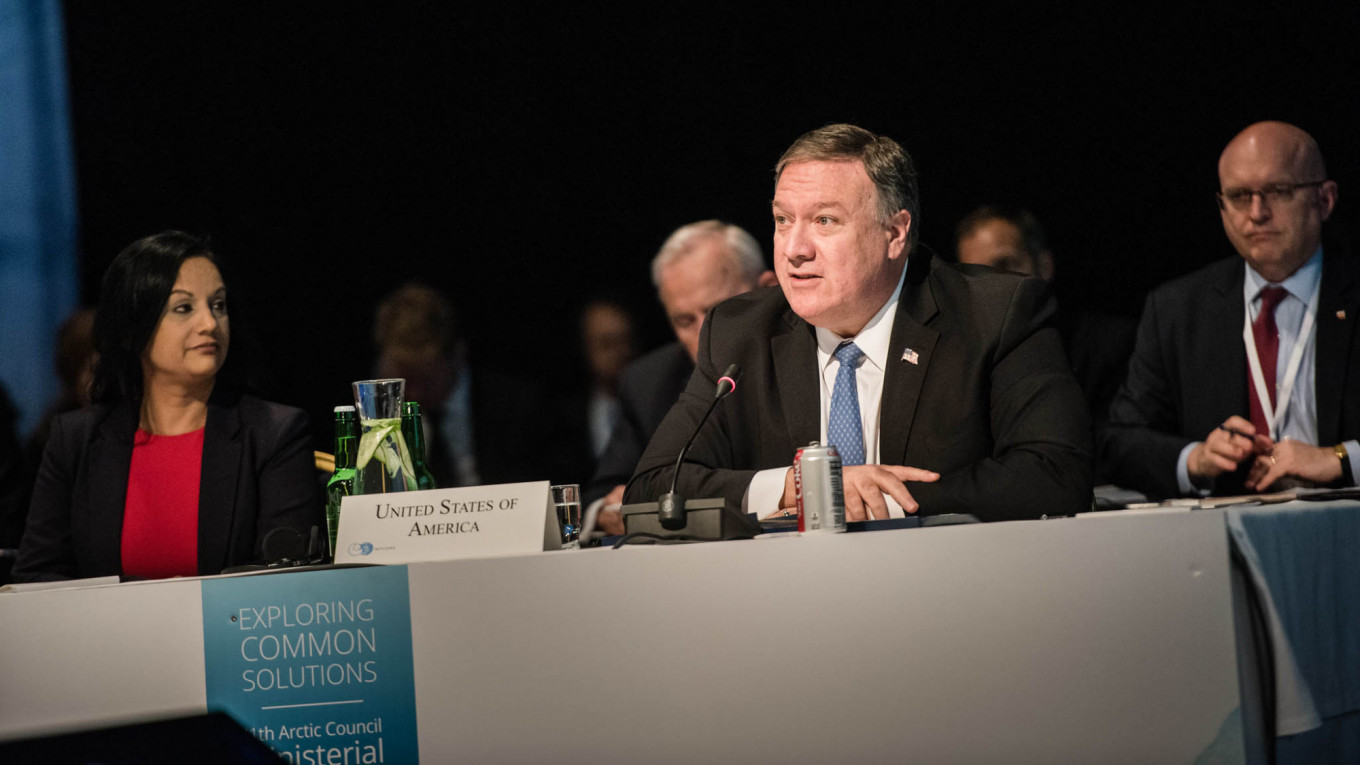
Lavrov, in turn, put a dampener on Pompeo’s claims that the Arctic is a hotbed of conflict, noting that there are "absolutely no pretexts for conflicts or attempts to address any issues arising here with a military response."
A final fracture between the U.S. and the rest of the Arctic Council in Rovaniemi was evident in the discussions surrounding environmental security. Like other Council members, Russia raised the issue of adapting to climate change in the Arctic. Lavrov highlighted Russia’s intention to implement global environmental goals such as the Paris Agreement and the UN’s 2030 Agenda for Sustainable Development. Notably, Lavrov referred to climate change twice and the environment a further six times during his ministerial address. Whereas Pompeo made literally no mention of climate change in his address to the Council.
The Arctic Council Ministerial Meeting successfully held it together till the end, despite the U.S. doing its best unpick the cooperative community of Arctic stakeholders. And with the ceremonial passing of the birch gavel, Iceland assumed the Chairmanship of the Arctic Council from Finland.
Notably, Lavrov referred to climate change twice and the environment a further six times during his ministerial address. Whereas Pompeo made literally no mention of climate change in his address to the Council.
Russia has come out of the Ministerial Meeting as a good Arctic player and the U.S. is now cast as the spoiler. This is of significant value to Moscow as it counts down to 2021 when Iceland will hand over the Arctic Council chairmanship to Russia. Certainly, being the least disruptive power will pay dividends to Russia in garnering legitimate stewardship of the Arctic Council agenda.
The Arctic Council Ministerial Meeting confirms what we have long suspected — the Trump administration has all but dismantled Obama’s environmental legacy. This was done knowingly and with as much grace as we have come to expect from the Trump administration. To regain legitimacy in the Arctic narrative, the U.S. might first consider ratifying UNCLOS. Washington would then be operating within the accepted legal architecture of the region.
Washington could also start by occupying the still-vacant position of Special Representative for the Arctic. Pompeo’s recent announcement of a senior military post opening for Arctic affairs within the U.S. Army is a step in the right direction. However, this cements the way the Trump administration’s views the region as essentially conflict-ridden.
The meeting demonstrated that the U.S. is no longer an absent Arctic player. However, failure to adjust its policy trajectory will render it unwelcome at future meetings.
A Message from The Moscow Times:
Dear readers,
We are facing unprecedented challenges. Russia's Prosecutor General's Office has designated The Moscow Times as an "undesirable" organization, criminalizing our work and putting our staff at risk of prosecution. This follows our earlier unjust labeling as a "foreign agent."
These actions are direct attempts to silence independent journalism in Russia. The authorities claim our work "discredits the decisions of the Russian leadership." We see things differently: we strive to provide accurate, unbiased reporting on Russia.
We, the journalists of The Moscow Times, refuse to be silenced. But to continue our work, we need your help.
Your support, no matter how small, makes a world of difference. If you can, please support us monthly starting from just $2. It's quick to set up, and every contribution makes a significant impact.
By supporting The Moscow Times, you're defending open, independent journalism in the face of repression. Thank you for standing with us.
Remind me later.



